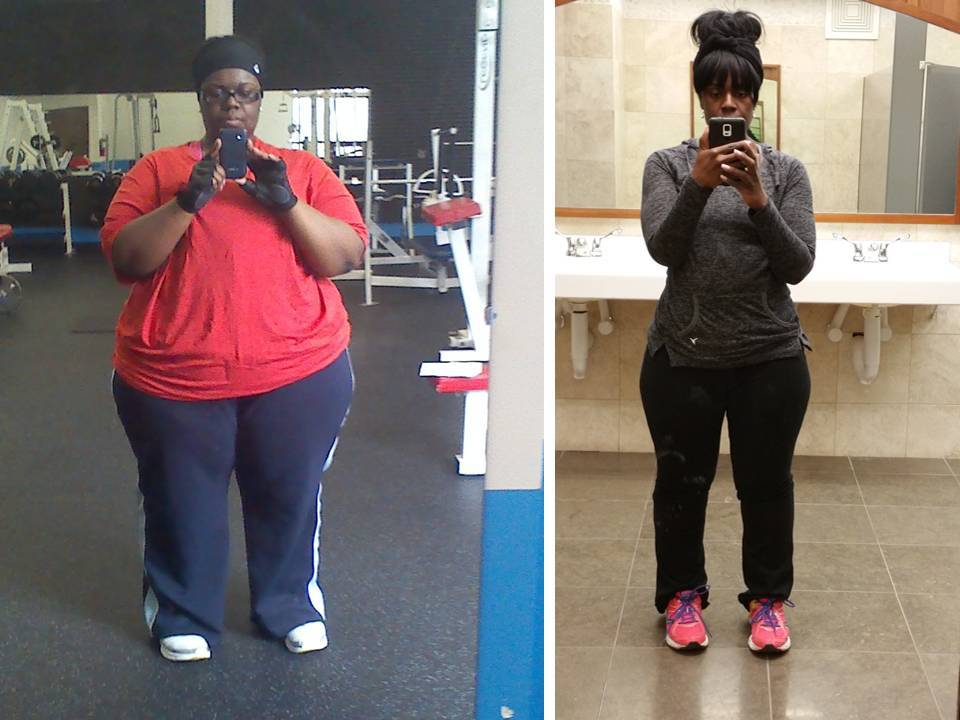How To Lose Weight Permanently - Hope For Yo-Yo Dieters
Debate About How to Lose Weight
More than 100 diets have been popularized over the past few decades. Choosing one that works for long-term weight loss and weight management is always going to be a challenge, because they don't all work the same for everyone. Moreover, repeated weight loss and regain has spawned the adage that, the more you yo-yo the harder it is to lose weight each time you start a new diet.
Researchers at the Fred Hutchinson Cancer Research Center in Seattle have begun to show that yo-yo dieting does not cause long-term resistance to weight loss. The results of a recent study show that weight loss for yo-yo dieters is not significantly different from weight loss for others. This is a limited study in several ways, although it gives hope to those who are worried about doing permanent damage from repeated bouts of weight loss.
Here are the basic reference data and results of the study, followed by my comments on what they really mean and what we still do not know.
Mason C, Foster-Schubert KE, Imayama I, Xiao L, Kong A, Campbell KL, Duggan CR, Wang CY, Alfano CM, Ulrich CM, Blackburn GL, McTiernan A. History of weight cycling does not impede future weight loss or metabolic improvements in postmenopausal women. Metabolism. 2012 Aug 13. [Epub ahead of print]
The study began with 439 overweight, inactive, postmenopausal women. They were divided into four groups and randomly assigned to one of the following: A) dietary weight loss with a 10% weight loss goal (N=118); B) moderate-to-vigorous intensity aerobic exercise for 45min/day, 5days/week (n=117); C) both dietary weight loss and exercise (n=117); or, D) control (n=87). Women were categorized as non-cyclers, moderate-cyclers (3 or fewer losses of at least 10 lbs), or severe-cyclers (more than 3 losses of at least 20 lbs). Statistical comparisons were made for weight, body composition, blood pressure, insulin, C-peptide, glucose, insulin resistance (HOMA-IR), C-reactive protein, leptin, adiponectin, and interleukin-6.
The only differences among groups showed that moderate and severe cyclers (combined) had a greater improvement in HOMA-IR compared to non-cyclers participating in the exercise only intervention.There were no apparent differences in the other groups. The authors of the study concluded that a history of weight loss cycling does not have a negative impact on subsequent efforts in dieting.
Constraints of the Study
This study involved a limited population of 439 subjects who were all postmenopausal women, ages 50-75. Each was assigned a daily caloric intake, between 1200 to 2000 calories, depending on starting weight. Fewer than 30 percent of daily calories were from fat. Exercise included a moderate level of effort 5 days per week, which included brisk walking for 45 minutes each day.
What we know from this study hinges on the general applicability of the age group, gender, postmenopausal development, dietary restrictions, and exercise protocol. We do not know how important these variables might be after the study period, which was 12 months, regarding long-term weight management. We also do not know how important they might be for men or for premenopausal women.
Comment on Weight Loss Results
Those who followed dietary restrictions alone lost on average about 9 percent (or 16 lbs) of their starting weight. Those who included exercise with dietary restrictions lost an average of 11 percent (or 20 lbs) of their starting weight.
The range of weight loss, 16 to 20 pounds over 12 months, averaged out to be about 1.3 to 1.7 lbs per month. The good news is that a previous history of yo-yo dieting did not undermine these results. This is wonderful hope for others who have already gone through multiple cycles of weight loss and regain.
The bad news is that averaging 1.7 lbs per month is much slower than it should be. Results from the right dietary modifications and the right exercise programs routinely provide a 10-fold faster weight loss than that. The next step for the researchers in the study reported here should be to find out how effective weight loss can be, for non-cyclers as well as for moderate to severe cyclers, from a more substantial protocol than the one they used.
-
Good cholesterol (HDL) levels affected by gut bacteria
A recent study shows that your good cholesterol level (HDL) is
-
Lose Weight Plan: The Best Way to Lose Weight
With the amount of weight loss pills and other alternatives emerging t
-
Why Weight Loss is Important for Women
Being overweight or obese can not only be restrictive but dangerous to
-
Tips For Circuit Training For Weight Loss
Circuit training is a method of weight training that can be used to a
-
6 Steps To Overcome Your Low Thyroid Symptoms
-
An Overview of The South Beach Diet
The South Beach weight loss plan started
- DON'T MISS
- Problems With Popular Diets
- Boot Camp Exercises For A Beautiful You!
- 4 Ways To Begin Exercising When You’re Carrying Extra Weight
- 3 Ways I Bounce Back After A Weekend Of Mindless Eating
- Tips To Help Control Food Cravings
- Gastritis stomach inflammation symptoms, causes and treatment
- Follow These Types Of Tips For Uncomplicated Weight Reduction
- Dieting To Lose Weight-What Should I Consume Exactly?
- Are You Making This Massive Mistake When It Comes To Weight Loss?
- Don’t Feel Discouraged When Losing Weight–Follow These Tips!




